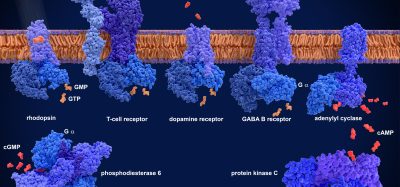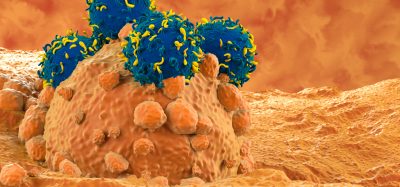PDi launched to enhance translation of phenotypic biology to novel therapeutics
Posted: 20 January 2016 | Victoria White | No comments yet
Through the Phenotypic Discovery Initiative (PDi), partners will build robust, disease-relevant phenotypic assays with a focus on human-derived systems with the aim of identifying new drug targets and hit molecules.


The Universities of Dundee, Oxford and Edinburgh have announced the formation of the Phenotypic Discovery Initiative (PDi) with Janssen Pharmaceutica N.V., the first industry partner joining the initiative.
Through the PDi, partners will build robust, disease-relevant phenotypic assays with a focus on human-derived systems with the aim of identifying new drug targets and hit molecules. Promising candidates will be followed up for their mechanism of action in the cell in order to further their development into drugs.
By including the complex characteristics of cell and tissues in healthy and diseased samples, high-throughput phenotypic screening offers the possibility of discovering drugs that act through new pathways, as well as novel targets with unique mechanisms. The expectation is that compounds discovered in this manner will have a higher probability of clinical success.
The PDi will provide pre-competitive access to technology, assay methodologies, high-throughput data, materials and know-how. The assays will be used for screens on publicly available small molecules at the three academic sites – Dundee, Oxford and Edinburgh – which form the National Phenotypic Screening Centre (NPSC) hubs. Industry partners gain immediate access to the developed assays to enable internal drug discovery activities, in partnership with the academic collaborators.
PDi plan to attract additional industry partners
The PDi plans to attract additional industry partners and translate novel biology from a global network of academic collaborators. All partners will benefit from these interactions as new industry-academic partnerships are formed first-hand from novel biological research.
Commenting on the launch, Dashyant Dhanak, Global Head of Discovery Sciences, at Janssen R&D, a division of Janssen Pharmaceutica N.V., said, “We expect this initiative not only to add depth and state-of-the-art capability to our phenotypic screening activities but also to allow access to the best of ideas and talent in the application of this promising technology.”
Professor Sir Peter Ratcliffe, co-founder of the PDi, who directs Oxford’s Nuffield Department of Clinical Medicine, added, “This is an exciting opportunity to bring some of the UK’s most prestigious academic institutions together with the pharmaceutical industry and change the culture in how we do translational research.”
Related topics
Drug Discovery
Related organisations
Edinburgh University, Oxford University








